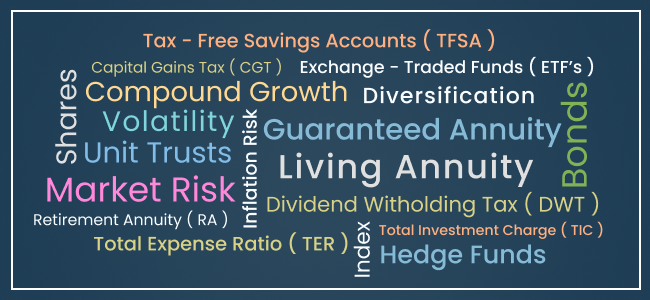“Patience is not simply the ability to wait – it’s how we behave while we’re waiting.” (Joyce Meyer)
In recent years, there’s been a huge increase in advertising for market trading apps. These adverts all have two things in common:
Firstly, they show someone making a large amount of money in a very short space of time. Secondly, the account balances they show only ever move in one direction – up!
These ads can be very enticing, but anyone with a working knowledge of the stock market knows that share prices don’t only move in one direction.
Pacome Breton, an investment manager and head of risk at Nutmeg, detailed this excellently in a blog post.
“Looking at global stock market data between January 1971 and May 2020, if you had randomly picked one day during this period and chosen to invest just for that one day, you would have had a 52.3% chance of making gains — almost a similar odd to the toss of a coin,” he wrote.
Likelihood of success
What this shows is that over the extremely short term, stock prices are essentially unpredictable. That is why day trading is referred to as speculation, not investing.
A fascinating study published in Brazil in 2019 bears this out. The researchers set out to answer whether it was possible to day trade for a living. What they found is that among those who traded for only one day, only about 30% made a profit after fees.
For those who traded for more than 300 days, it got much worse. Then 97% of them lost money.
In simple terms, the probability of someone making profit decreased in line with how many days they traded for. Importantly, as the authors point out, this is not what you would usually expect from any activity. What normally happens is that the longer someone does something, the more they learn, and the better they get at it. But with day trading, the opposite is true.
And this is the same pattern that you find in gambling activities, like roulette.
Get the odds in your favour
Simply put, the longer you speculate on the stock market, the more likely you are to lose money. And, as the study found, even if you do make money, it’s unlikely to be very much.
Only 1.1% of the traders they sampled earned more than the Brazilian minimum wage.
As Nutmeg’s Breton noted, however, the exact opposite is true for investors. The longer someone stays invested, the more likely they are to make money.
In his analysis of returns from world indices, he found that – over the same 49-year period he studied – if you stayed invested for 65 days your chance of making a profit increased to 65.09%. Investing for any 12-month period would see you make a gain 71.83% of the time, and over any ten-year period your chances jumped to 93.91%.
Why trading is so difficult
Part of the reason so many traders fail is that short-term market movements are influenced by countless variables: interest rate changes, earnings surprises, global news events, and investor sentiment. Trying to consistently predict what will happen next is nearly impossible.
But there is also a behavioural component. Trading plays into a number of well-known cognitive biases: overconfidence, where investors believe they are better than they are; loss aversion, where the pain of losing outweighs the joy of winning; and the illusion of control, where people believe they can influence outcomes in a fundamentally unpredictable environment.
Frequent checking of share prices can also encourage emotional decision-making. It makes investors more likely to panic on the way down, and get greedy on the way up. These are precisely the wrong times to be making big decisions.
The investor’s mindset
Trading and investing also have very different mindsets. A trader asks: “What can I make today, or this week?”. An investor asks: “What will this be worth in 10 years?”
Trading is about trying to predict short-term movements, which is almost impossible. Investing is about harnessing long-term growth, which is predictable.
The challenge with investing is that it requires patience and discipline. It’s not a way to get quick returns. It also requires tuning out the noise, ignoring the headlines, and focusing on what really matters: building wealth steadily over time.
The cost of trading
A final point to note is that trading is not just risky. It’s expensive. Brokerage fees, spreads, and taxes all eat into profits. In South Africa, if you sell any share that you have held for less than three years, SARS can classify any profit you’ve made as income rather than capital gains, which could lead to you paying more tax.
Even when using low-cost trading platforms, the cumulative impact of these costs can be significant, especially when you’re not making consistent gains to offset them.
Long-term investing, on the other hand, minimises these costs and maximises the benefit of compounding returns. It’s not about getting rich quickly, but about getting wealthy slowly — and reliably.
For anyone saving for retirement, education or long-term financial freedom, the evidence is clear: put the odds in your favour by staying invested, staying calm, and staying the course.
To discuss how to grow your wealth through investing, speak to us.
Jason Yutar: +27 83 415 9603 or
Zaheera Mohammed: +27 82 775 1898
Disclaimer: The information provided herein should not be used or relied on as professional advice. No liability can be accepted for any errors or omissions nor for any loss or damage arising from reliance upon any information herein. Always contact us for specific and detailed advice.
© FinDotNews





